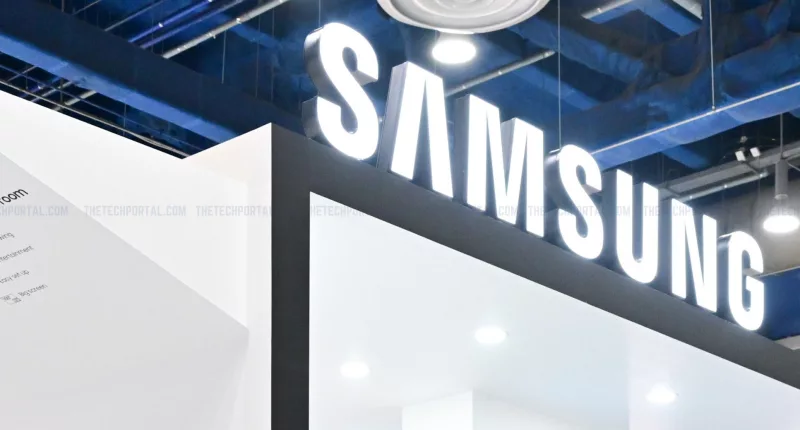Two major South Korean electronics companies, LG and Samsung, have initiated legal proceedings against the Indian government over new e-waste recycling regulations. The companies have filed petitions in the Delhi High Court seeking to overturn a policy that mandates minimum payments to electronic waste recyclers, making them the latest among a growing group of firms that are pushing back against India’s environmental regulations, which they argue impose excessive financial burdens upon them.
The policy at the center of the lawsuits was introduced by India’s central government in an attempt to formalize and incentivize the e-waste recycling sector. Under the new rules, companies must pay a fixed floor price — ₹22 per kilogram — for the recycling of consumer electronics, and a higher rate of ₹34 per kilogram for smartphones. According to the government, these payments are intended to attract formal players to a sector still largely dominated by informal scrap dealers and to increase investment in environmentally responsible recycling operations.
This comes at a time when India, ranking as the world’s third-largest generator of e-waste after China and the US, is currently grappling with serious waste management issues. Despite the sheer volume of waste generated, official figures reveal that only 43% of it was recycled in the last year. The remainder largely circulates through informal scrap-dealing networks that dominate up to 80% of the sector. Furthermore, the country’s recycling rates remain significantly lower than those of other major economies. According to research by consulting firm Redseer, the United States has e-waste recycling rates nearly five times higher, while China performs at least 1.5 times better than India.
However, this shift has met strong resistance from major electronics manufacturers. In a 550-page court submission, LG stated that the pricing framework “fails to take into consideration that merely by fleecing companies and taxing them in the name of the ‘polluter pays principle’, the [government’s] objectives sought to be achieved cannot be achieved.” Samsung echoed similar sentiments in its 345-page filing, revealing that the policy “does not inherently serve the purposes of environmental protection” and warning that the financial implications would be substantial. According to the company, the mandated prices are “5 to 15 times higher” than current market rates, thereby inflating operational costs for electronics firms.
The legal confrontation follows months of behind-the-scenes lobbying. LG, for instance, wrote to the Indian government in August 2024, advocating for a reduction in the proposed rates and arguing that market mechanisms should dictate pricing, not regulatory mandates. Samsung, on the other hand, escalated its concerns directly to the Prime Minister’s Office. Joining Samsung and LG in their opposition are other industry players such as Daikin, Havells, Voltas, and Blue Star, who have similarly challenged the policy in court. One notable outlier is Johnson Controls-Hitachi, which recently withdrew its lawsuit without publicly disclosing the reason.
The Tech Portal is published by Blue Box Media Private Limited. Our investors have no influence over our reporting. Read our full Ownership and Funding Disclosure →





